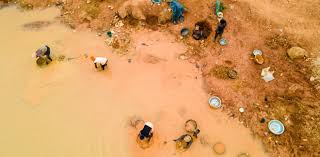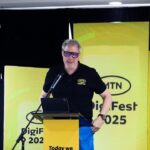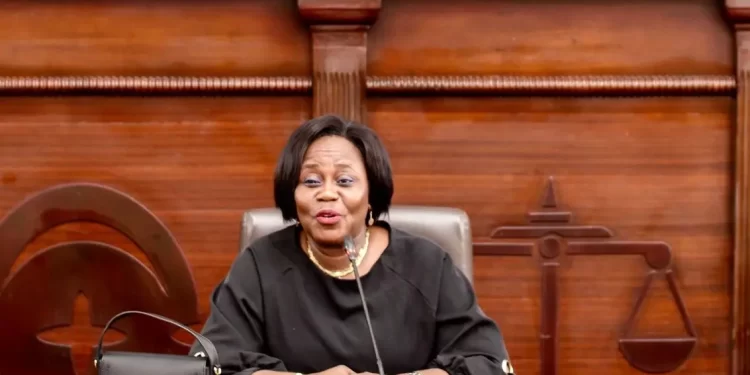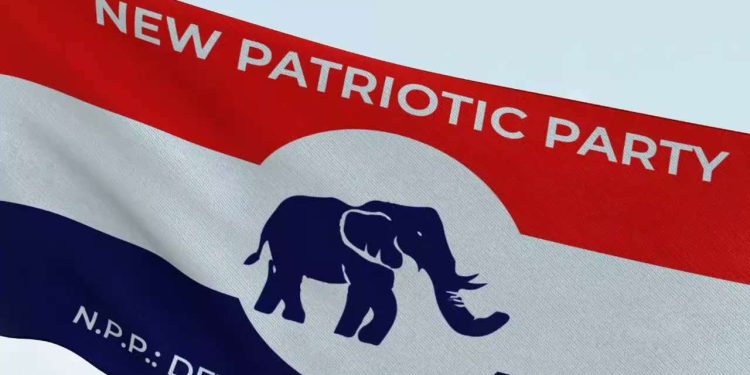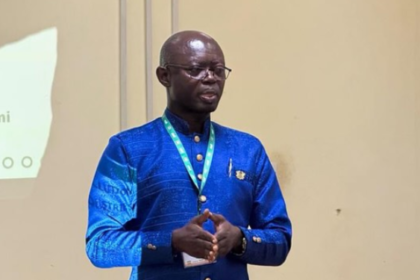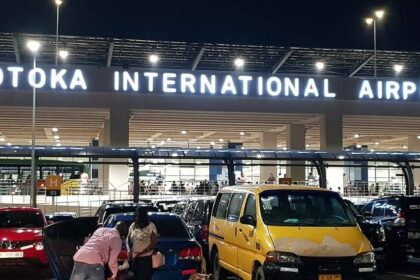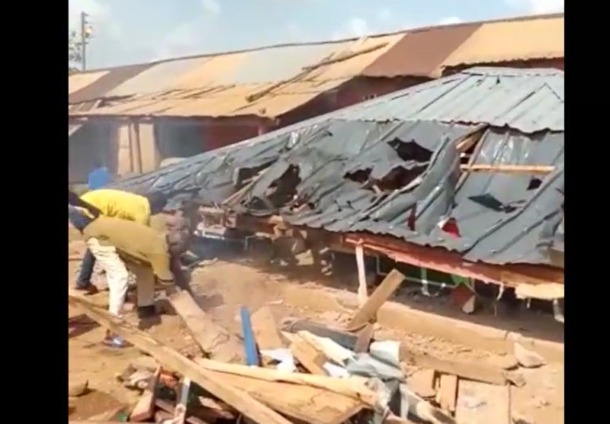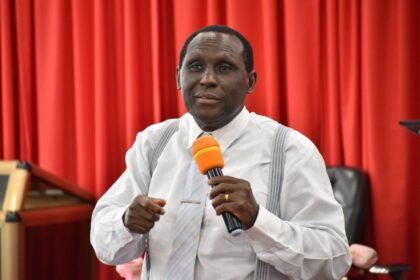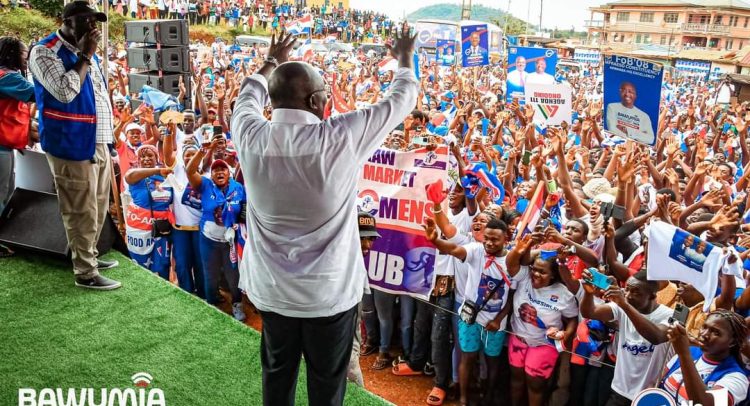The President of the University Teachers Association of Ghana (UTAG) at Kwame Nkrumah University of Science and Technology (KNUST), Professor Eric K. K. Avabare, has delivered a searing critique of both the New Patriotic Party (NPP) and the National Democratic Congress (NDC) over their handling of illegal mining, commonly known as galamsey.
In a strongly worded Facebook post on Monday, September 22, Prof. Avabare accused the two dominant political parties of failing Ghanaians and perpetuating the environmental destruction caused by galamsey.
“I’m shocked that the NPP now pretends to care about the galamsey menace. When they were in power, they were worse than the devil himself,” he wrote. “They passed LI 2462, allowed the construction of chanfangs, and issued more mining licenses than all past governments combined.”
Both Parties Blamed for Environmental Crisis
Prof. Avabare didn’t spare the NDC either, asserting that both parties have “literally destroyed Ghana” through mismanagement and lack of political will to combat illegal mining.
“These two destructive parties are clueless. Yet Ghanaians, knowing all this, still queue to vote for them while drinking poisoned water,” he lamented.
He directed pointed criticism at President John Dramani Mahama, accusing him of offering excuses for his failure to curb galamsey during his previous administration.
“President Mahama once claimed Ghanaians had short memories. But when he returned with promises to fix galamsey, people voted for him again. Instead, he gave weak justifications for why he couldn’t stop the destruction of water bodies, forest reserves, and farmlands,” Prof. Avabare stated.
Citizens Also Share the Blame
The UTAG-KNUST President also condemned the public’s passive response, contrasting it with what he believes would be more active civic engagement in other African nations.
“In a serious country like Kenya, people would have taken to the streets. But in Ghana, the complacency of citizens makes them complicit — because many also benefit from the galamsey economy,” he argued.
Prof. Avabare concluded by invoking the memory of Major Maxwell Mahama and other victims of violence related to illegal mining, warning that the cost of silence and complicity is being paid with lives and irreversible environmental damage.




